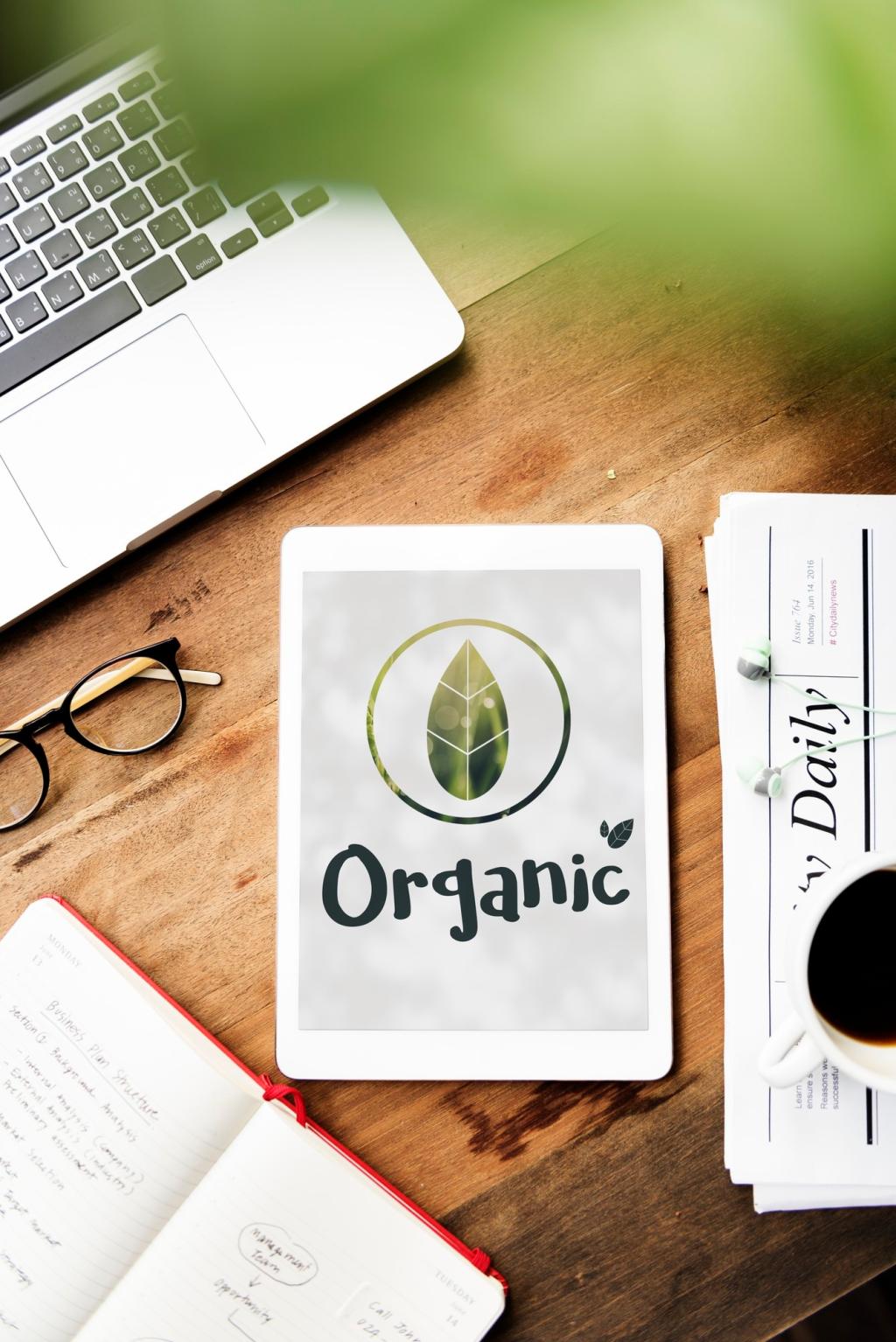SEO for Sustainable Living Websites: Grow Impact With Purpose
Map eco personas and intents
Identify key visitor types—zero-waste beginners, ethical shoppers, renewable-curious homeowners—and map questions they actually ask. Align content to problems they live with daily, and invite comments sharing goals, obstacles, and community tips.
Keywords with purpose over volume
Favor intent-rich long tails like ‘composting at apartment scale’ or ‘B Corp skincare ingredients explained’ over vanity terms. Ask readers which phrases they used before finding you, and collect them for future guides and navigation.
Avoid greenwashing; build trust
Be precise with claims, link to certifications, and publish lifecycle details for products or advice. Share a transparent methodology page, invite corrections from experts, and celebrate updates publicly to reinforce accountability and audience participation.



Content Strategy That Educates and Inspires
Topic clusters around sustainable living pillars
Organize pillar pages for zero waste, home energy, ethical fashion, and regenerative food, then interlink supportive articles. Ask readers which cluster needs depth next, and recruit guest voices from grassroots groups to co-author practical guides.
Stories from the field
Publish narrative case studies: a community garden that boosted compost adoption after a ‘how to’ series ranked locally, or a solar co-op doubling signups post schema. Invite readers to submit their wins and mistakes for honest learning.
Seasonal and evergreen content calendar
Balance evergreen explainers with seasonal themes like Earth Day, Plastic Free July, and Energy Awareness Month. Share your editorial calendar openly, ask for topic requests, and encourage email subscribers to beta-read new articles before publication.

Local SEO for Neighborhood Impact
Complete categories, sustainability attributes, and service areas; add candid photos of repairs, refills, or workshops. Post weekly updates with events and how-to tips. Encourage locals to ask questions you can answer publicly, building trust and visibility.


Local SEO for Neighborhood Impact
List consistently on eco directories, local chambers, repair networks, and circular economy hubs. Use the same NAP everywhere. Ask readers to recommend reputable directories in their cities, and maintain a living list you update after each submission.
Ethical Link Earning and Digital PR
Offer curriculum resources, internship projects, or data visualizations aligned to sustainability goals. Earn citations from partner sites while delivering public value. Ask our readership which questions deserve open datasets, and publish progress transparently.
Ethical Link Earning and Digital PR
Launch a simple carbon savings calculator or packaging footprint checklist. Share methodology, anonymized data, and templates others can reuse. Invite feedback on assumptions and feature requests, turning early users into advocates who naturally link and share.
Measure What Matters
Track newsletter signups, guide downloads, and referrals to reuse programs alongside organic sessions. Celebrate impact-aligned conversions, not just clicks. Ask readers what metrics help them lead change, and share dashboards in a monthly transparency note.

Measure What Matters
Adopt cookieless analytics or consent-first setups, enable server-side logging minimization, and respect do-not-track. Explain why privacy matters to sustainability. Invite subscribers to audit your analytics choices and propose improvements grounded in ethical design.
